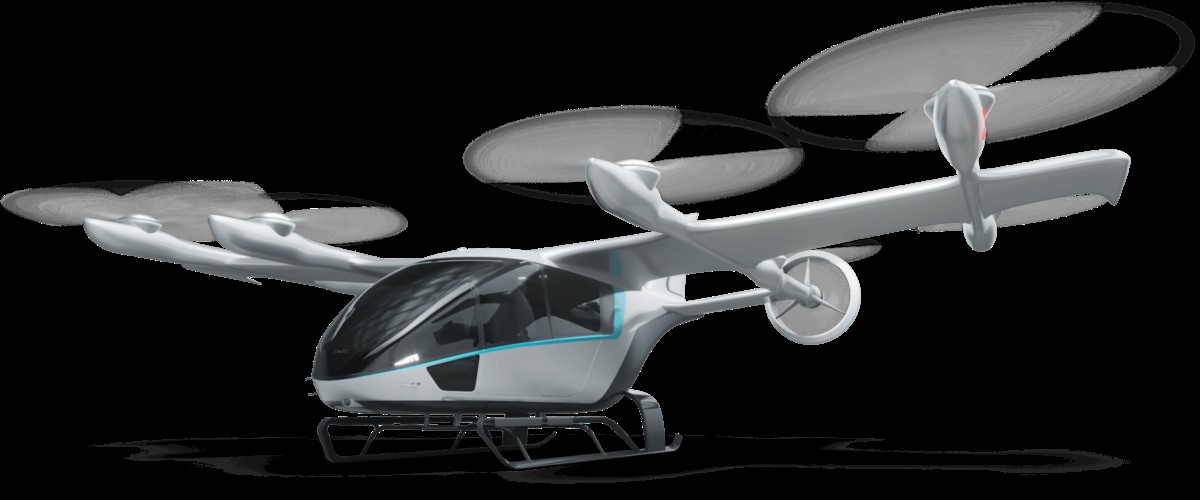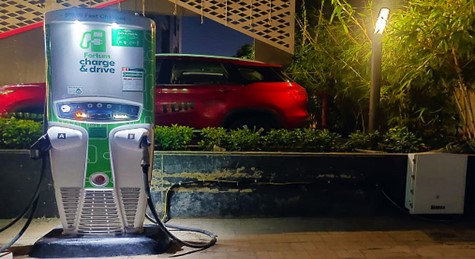The Global Competition for Talent
The international mobility of highly skilled workers is increasing in scale and complexity as more economies participate in R&D and innovation activity. Mobile talent diffuses knowledge both directly and indirectly across borders.
This can boost global innovation performance, with benefits accruing to both sending and receiving countries. It is clear that mobility is leading to an increasing level of labour-market internationalisation and integration, and competition for talent is now influencing innovation policy initiatives across the globe.[1]

Figure 1. The Global Competition for Talent
The Global Competition for Talent is shown in figure 1. The competition between organizations to attract and retain the most able employees. Anticipating the need for human capital and setting a plan to meet it. A process whereby an organization ensures that employees are recruited and developed to fill each key role within the company.
You have likely heard the expression " The Global Competition for Talent," which reflects rivalry among associations to draw in and hold the most capable workers. For a really long time, organizations that track segment patterns have been cautioning that the US labor force will recoil in the second and third many years of the twenty-first 100 years as the time of increased birth rates age (those brought into the world somewhere in the range of 1945 and 1961) arrives at retirement age.
Peter Cappelli of the Wharton School characterizes ability the executives as expecting the requirement for human resources and setting an arrangement to meet it. Ability the executives remains closely connected with progression arranging, which alludes to the most common way of enrolling and creating representatives to guarantee that the critical jobs in the organization are filled. [2]
SThe 'Battle for Ability' is a term begat by Steven Hankin of McKinsey and Company in 1997 and alludes to an undeniably cutthroat scene for enlisting and holding capable representatives. The battle for ability is heightened by segment shifts (fundamentally in the US and Europe). This is described by expanding request alongside diminishing inventory (demographically).
The hypothesis is as yet substantial today, yet it could be a somewhat unique conflict. A urgent component today (other than socioeconomics) is the absence of talented work inside a specific industry of field in a nation or area. KPMG's new review of HR experts uncovered that over 80% of respondents say that tending to abilities deficiencies is a higher need now than it was a long time back - and will become basic in the following two years.[3]
The competition for talent in mobility impact is expected to intensify in the coming years, as the demand for innovative transportation solutions continues to grow. This presents both challenges and opportunities for governments, companies, and individuals who are committed to building a more sustainable, equitable, and connected world.
The global competition for talent in mobility is intensifying as countries and companies strive to attract and retain skilled professionals in fields related to transportation and mobility. The growing demand for innovative technologies and infrastructure in transportation, such as autonomous vehicles, electric cars, and smart city solutions, has led to a shortage of qualified professionals in these areas.
References:
- https://www.oecd.org/sti/inno/theglobalcompetitionfortalentmobilityofthehighlyskilled.htm
- https://saylordotorg.github.io/text_international-business/s16-02-the-global-war-for-talent.html
- https://www.linkedin.com/pulse/war-talent-pushes-global-mobility-new-heights-h%C3%A5kan-rantakeisu
Cite this article:
Gokula Nandhini K (2023), The Global Competition for Talent, Anatechmaz, pp.137















